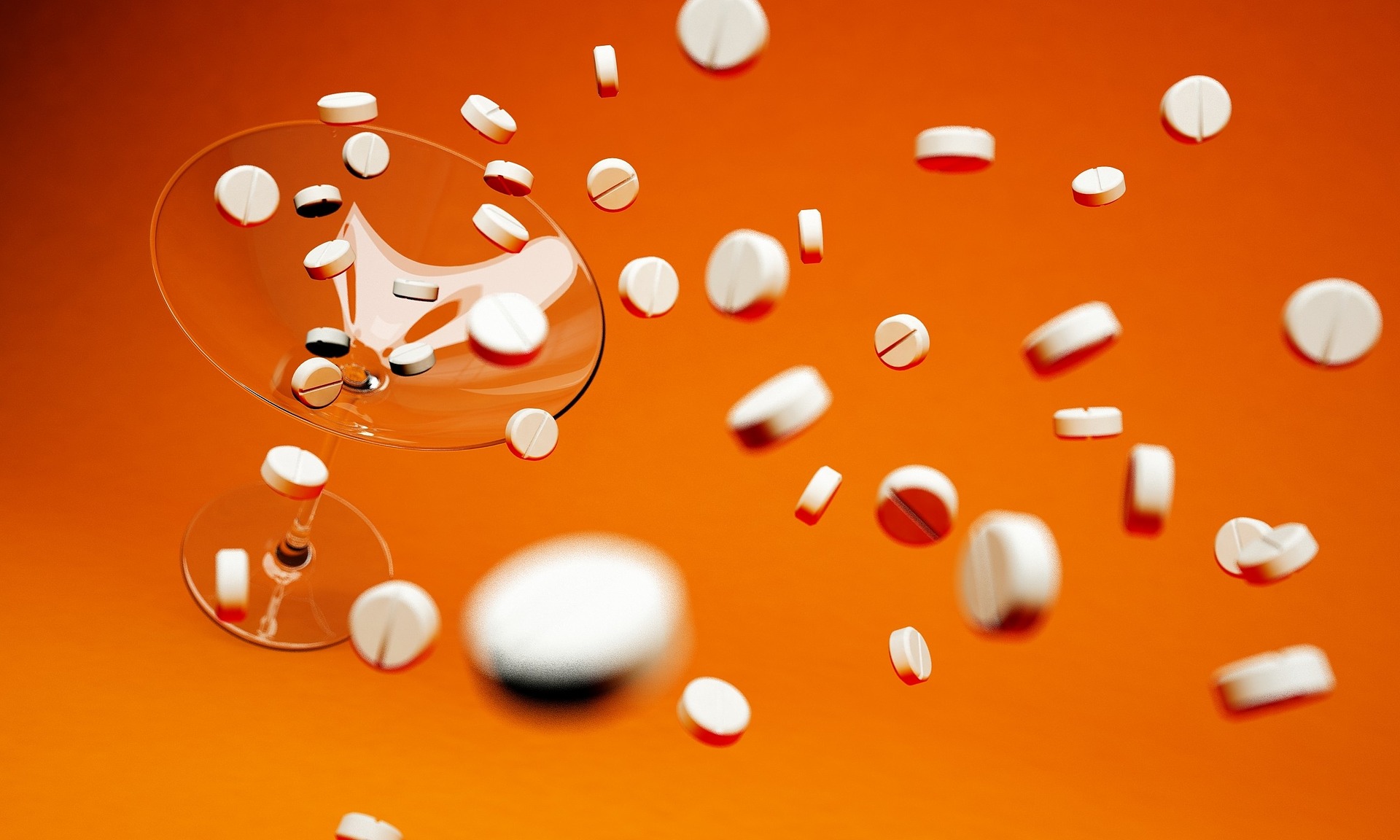Is there a correct way to define drugs, medicine, nutrients, and toxins?

While chatting with friends today, a question popped up: How do we differentiate between drugs, nutrients, medicine, and toxins? Truth is, we can’t. These concepts seem straightforward and everyone understands what is meant by these words but coming up with a conclusive definition is excruciatingly hard. Here are my two cents on the matter.
Traditional Approach
Traditionally, drugs are considered as anything that alters human physiology, but this concept also covers nutrients, which are usually not considered as drugs. Medicine in the traditional definition is “what heals an ailment” and they do that by altering human physiology so, within this concept, they too are drugs. Most of the time the terms drug and medicine are used interchangeably within the medical community; however, outside the medical community, the word drug usually has a negative connotation. Toxins, on the other hand, are things that alter human physiology in an undesirable way so they fall in the drugs category too.
These definitions leave out a lot of blank space though.
Issues with Traditional Approach
For example, Vitamin C alters human physiology, but is it a drug? If it is, when do we start calling it a medicine? If Vitamin C is consumed in the form of broccoli, it is obviously food- neither a drug nor medicine, just a nutrient. However, if the person is Vitamin C deficient and taking it to cure scurvy, it surely is a medicine.
Take solvent vapors, such as paint thinners or glue. If a person is exposed to solvent vapors unintentionally, simply as a byproduct of working, we call those environmental toxins. However, these solvents can intentionally be used to alter the state of mind too, enabling us to call them drugs. Some otherwise deadly toxins such as Botox can be considered medicine depending on the context as well.
Caffeine, the most commonly consumed drug all around the world, is usually not thought of as a drug. Clearly, caffeine alters human physiology- but if a person is consuming caffeine as a flavoring agent in a soft drink, do we still consider it as a drug? Probably not. If a person is consuming caffeine in the form of coffee for its desirable effects on the nervous system, can it be called a drug then? I suppose so.
The intention of consumption seems to be the crucial part of a conclusive definition but it is unconventional to classify substances by consumers’ intention. Chemicals are classified by their nature, by their pharmacokinetics and pharmacodynamics on any human, regardless of the intention of the owner of the body- but clearly, this just doesn’t cut it.
Regarding dosage, things get even more complicated to define. How do we label a chemical as “deadly” while anything can be lethal if consumed enough? Arsenic is considered a poison, but too much water consumption can easily lead to water poisoning and death too. Where do confidently we draw the line, is there a threshold of tolerance or consumption for a particular substance to consider as poison? If we consider ourselves dependent on water, which all of us are, then water poisoning can be considered an overdose, pretty much like any other overdose due to drug dependence.
Bottomline
Fortunately, we don’t really need to formulate precise definitions for any of these concepts to understand or work on them. Still, it is important to remember that one definition may not be suitable for all circumstances, and definitions can change drastically relative to the person, situation and dosage.
I would love to hear your perspective on the matter as well.